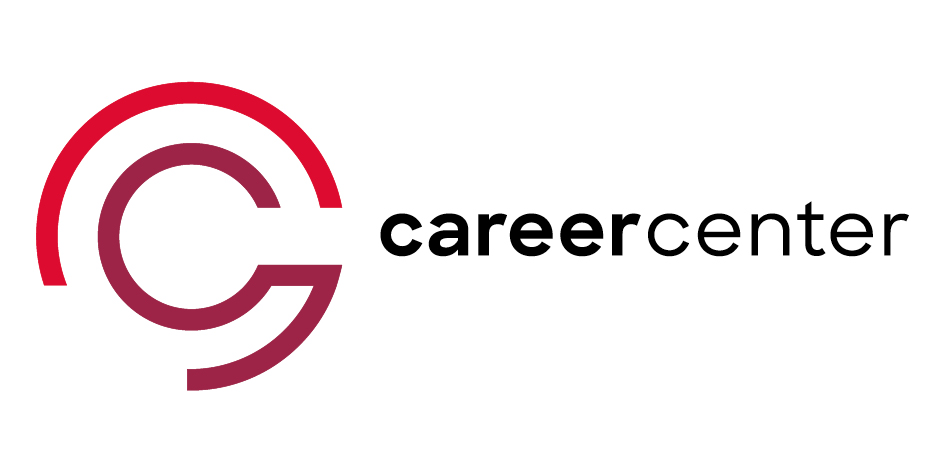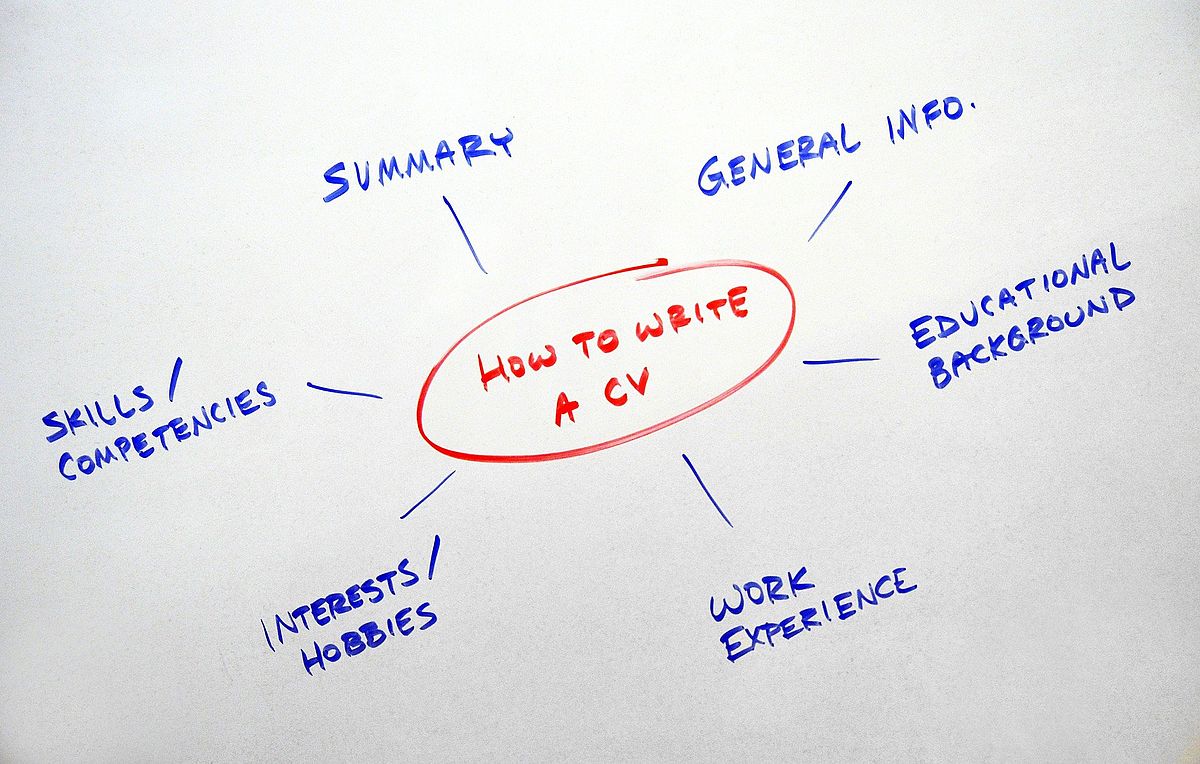Application Documents
It’s never too early to start preparing your application documents! Use the information below to write a great application for the German job market so that you’re ready to go as soon as you find that perfect job opportunity. You can also find helpful tips on how to apply on our page Making Contact and Applying under Internship guide.
When it comes to searching for a job or practicum, you can never be too informed! Starting to read up on job postings as early as 6 months in advance can give you enough time to gauge what sorts of jobs are available and how early you should apply for them.
The Career Center’s job portal is a great place to start! You can search for jobs by topic and location as well as post your application documents so that employers can find you.
The Career Center’s website also has links to many job and practicum boards in any number of fields! Don’t forget to check out the German version of the website for even more job boards!
If you’re looking for an internship, use the internship guide to get informed early on.
Pro tip: when it comes time to apply for a job, take a screenshot or save a copy of the job posting. This information can be very helpful if you receive an invitation to a job interview later on.
Writing a resume is a great first step towards applying for a job. If you’re planning on applying for a job or internship in Germany, chances are you will need to submit a resume. But what exactly is a resume and what information should it include? Resumes can vary greatly from country to country, so even if you already have a resume, it’s worth it to take some time reading up on resumes for the German job market in advance.
The German word for resume is “Lebenslauf” or, literally “life’s path”. This says a lot about how resumes are viewed in the German job market. Your resume should show potential employers an overview of the professional experiences in your life that have led you to applying for this job. Resumes in Germany are typically one to two pages long and often include short bullet points describing your qualifications and competencies (not full paragraphs). It should be easy for a potential employer to quickly skim your resume and learn the most important information about your qualifications and competencies.
The information included on a resume in Germany may be different than what you would include in your home country. Taking the time to adjust your current resume to what is expected in the German job market can make a big difference in your application! Even if you’re writing a resume in English, it should still fit the German-style.
Personal Details
- Full legal name
- Phone number
- Email address
- Mailing address
- Birthdate
- Nationality or birth place
- Professional website, LinkedIn, Xing, et
Education
- Starting with high school or your first university degree
- Including your GPA (Grade Point Average)is optional, but if you do include it, it should be in the German grading system
- If your thesis topic is relevant to the job you’re applying for, you can also list it in this section
Work Experience
- Including student jobs and internships
- If you have worked many jobs in the past, you can think of dividing your work experience into two categories (for example: “Professional Experience” and “Student Jobs” or “XYZ-Job-Field Experience” and “Additional Work Experience”)
Languages
- Don't forget to include your native language(s)!
- The following information on language skills is recommended in the CV:
- Basic knowledge.
- conversational or good knowledge.
- fluent.
- business fluent.
- mother tongue.
Skills/Certifications
- This is mostly about technological skills, like software programs you can use.
- Try to avoid listing characteristics, such as “leadership” or “team-oriented”. Rather than listing these as skills, give examples of your past experiences where you were a leader or team-player in your resume or cover letter (as part of describing past work experiences for example).
Other (optional) Categories
You can also include relevant experiences in the following categories
- Community involvement (volunteering, clubs)
- Projects (Bachelor or Master thesis, capstone projects in your courses)
- Hobbies/Interests
Photo
According to the General Equal Treatment Act (AGG), a photo is no longer required as part of a German CV! If you still decide to have a photo taken, have it taken by a professional photographer, but it is possible to take a photo on your own or with a friend! Here are some important elements of a good application photo:
- Professional attire: Typically this is a collared shirt, tie, and blazer/jacket or a blouse with a blazer/jacket. If you choose to wear make-up, it should be in a natural style. If you choose to wear jewelry, it should be relatively conservative and not take attention away from you.
- The photo should be cropped to show your face, shoulders, and the top half/third of your chest.
- The photo should be bright enough to see your face clearly. Be sure to check for any shadows!
- You should be facing forward or at a slight angle.
- The photo should be a photo of only you! Do not simply use a group photo and cut out the other people.
- Smile! You should have a friendly facial expression.
A cover letter is your opportunity explain your motivation for applying for this position. Each cover letter you write should be a little different, just as each job that you apply for is also a little different.
A cover letter should include:
- One paragraph explaining why you want to work in this position with this company
- Two to three paragraphs explaining your key qualifications for this position
- One paragraph concluding the letter
Format of a cover letter:
If you’re having trouble writing your cover letters, read through templates (in German or English) to generate ideas of phrases you can use in almost any situation. Do not copy any sentences directly from these templates! Instead, use the words to inspire your own creativity.





